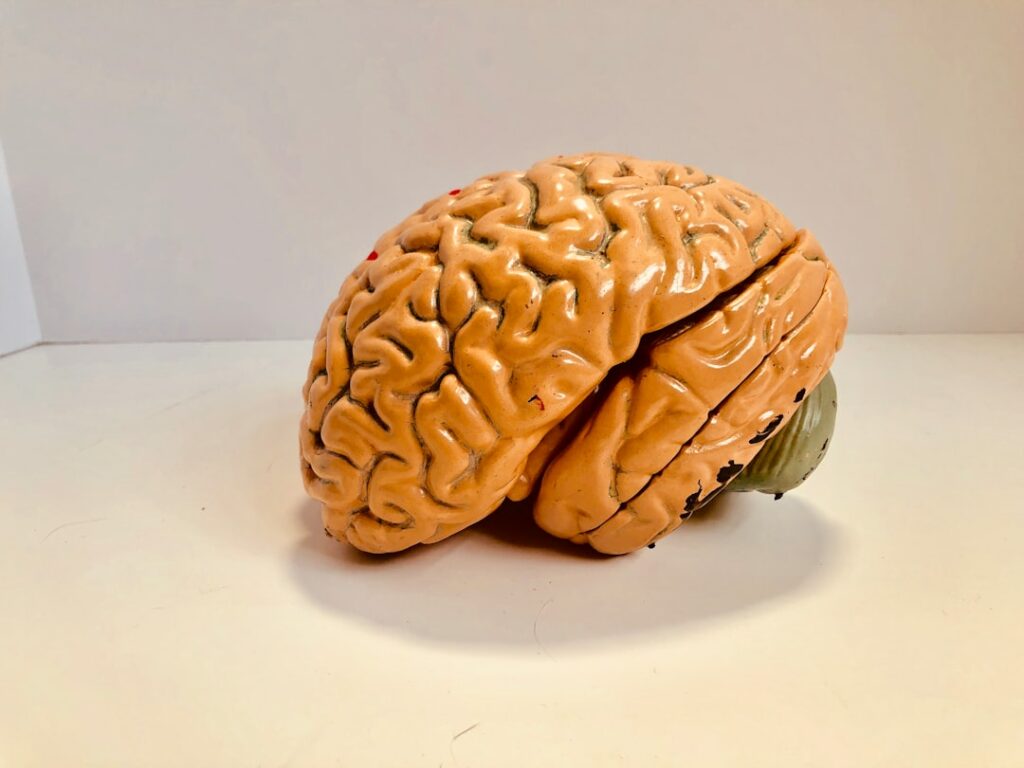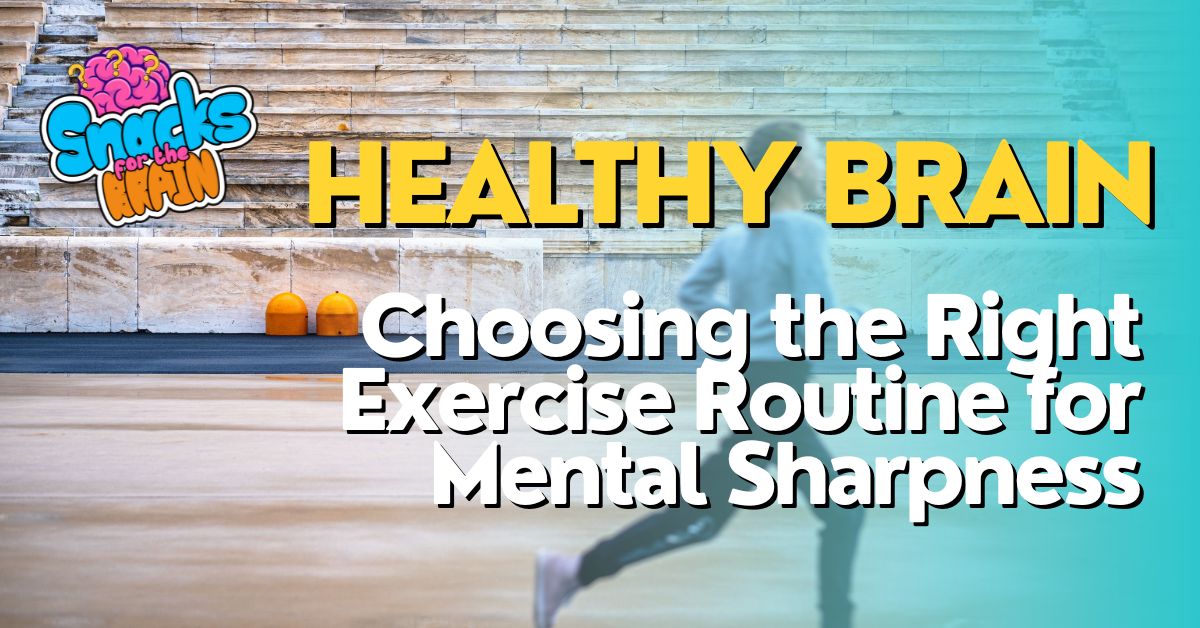Continuing education is the ongoing pursuit of knowledge and skills beyond traditional schooling. It encompasses a wide range of activities, including formal classes, workshops, seminars, online courses, and self-directed learning. The benefits of continuing education are numerous, with one of the most significant being its positive impact on brain health.
As individuals age, cognitive function naturally declines, but engaging in lifelong learning can help mitigate this decline and even improve cognitive abilities. This article explores the various ways in which continuing education can benefit brain health, including its role in preventing cognitive decline, improving memory and problem-solving skills, and promoting mental well-being. It also discusses strategies for incorporating continuing education into daily life and emphasizes the importance of lifelong learning for overall brain health.
Key Takeaways
- Continuing education is important for maintaining brain health and cognitive function as we age.
- Lifelong learning has been shown to improve memory, problem-solving skills, and overall cognitive function.
- Engaging in continuing education can help prevent cognitive decline and reduce the risk of developing dementia.
- Continuing education can improve memory and problem-solving skills by challenging the brain and promoting neuroplasticity.
- Lifelong learning is closely linked to mental well-being, as it provides a sense of purpose, fulfillment, and intellectual stimulation.
The Benefits of Lifelong Learning on Cognitive Function
Reducing the Risk of Cognitive Impairments
Furthermore, lifelong learning has been linked to a reduced risk of developing cognitive impairments such as dementia and Alzheimer’s disease. This is because learning new information and skills creates new neural connections in the brain, which can help to offset the effects of aging and neurodegenerative diseases. Overall, the benefits of lifelong learning on cognitive function are clear, making it an essential component of maintaining brain health as we age.
Building Cognitive Reserve
Continuing education can also have a positive impact on cognitive reserve, which refers to the brain’s ability to withstand damage and function normally despite age-related changes. By engaging in intellectually stimulating activities, individuals can build up their cognitive reserve, providing a buffer against cognitive decline and allowing them to maintain optimal brain function for longer. This is particularly important as we age, as cognitive reserve has been shown to be a protective factor against the development of dementia and other age-related cognitive disorders.
Mental Exercise for a Healthy Brain
In essence, continuing education acts as a form of mental exercise, helping to keep the brain in top shape and ward off the effects of aging on cognitive function.
The Role of Continuing Education in Preventing Cognitive Decline

One of the most significant benefits of continuing education is its role in preventing cognitive decline. As we age, our brains naturally undergo changes that can lead to a decline in cognitive function. However, engaging in ongoing learning and intellectual stimulation can help to counteract these changes and maintain optimal brain health.
Research has shown that individuals who participate in intellectually stimulating activities have a lower risk of developing cognitive impairments such as dementia and Alzheimer’s disease. This is because learning new information and skills creates new neural connections in the brain, which can help to offset the effects of aging and neurodegenerative diseases. By continuously challenging the brain through learning, individuals can help to preserve their cognitive abilities and reduce their risk of experiencing cognitive decline as they age.
Furthermore, continuing education has been linked to improved cognitive flexibility, which refers to the ability to adapt to new information and changing circumstances. This is an essential skill for maintaining cognitive function as we age, as it allows individuals to continue learning and adapting to new challenges. By engaging in ongoing education, individuals can enhance their cognitive flexibility and maintain their ability to think critically and solve problems effectively.
This can have a significant impact on overall brain health, as it allows individuals to continue functioning at a high level cognitively and maintain their independence as they age. In summary, continuing education plays a crucial role in preventing cognitive decline and preserving optimal brain health throughout the lifespan.
How Continuing Education Can Improve Memory and Problem-Solving Skills
Continuing education has been shown to have a positive impact on memory and problem-solving skills. Engaging in intellectually stimulating activities such as learning a new language, taking up a musical instrument, or studying a new subject can help to improve memory retention and recall. This is because learning new information creates new neural connections in the brain, which can strengthen memory circuits and enhance overall memory function.
Furthermore, ongoing education challenges the brain to encode, store, and retrieve information more effectively, leading to improvements in memory performance over time. This can be particularly beneficial for older adults, as it can help to offset age-related changes in memory function and maintain optimal cognitive abilities. In addition to memory improvements, continuing education can also enhance problem-solving skills.
Learning new information and skills requires individuals to think critically, analyze information, and apply knowledge in practical situations. This process helps to sharpen problem-solving abilities and enhance cognitive flexibility, allowing individuals to approach challenges with greater creativity and adaptability. By continuously engaging in intellectually stimulating activities, individuals can improve their ability to think critically and solve problems effectively, which is essential for maintaining optimal brain health throughout the lifespan.
Overall, continuing education plays a crucial role in improving memory and problem-solving skills, contributing to overall cognitive function and brain health.
The Relationship Between Continuing Education and Mental Well-being
Continuing education has a significant impact on mental well-being, contributing to overall psychological health and quality of life. Engaging in ongoing learning and intellectual stimulation has been linked to reduced levels of stress, anxiety, and depression. This is because learning new information and skills provides individuals with a sense of accomplishment and purpose, leading to increased feelings of self-worth and fulfillment.
Furthermore, continuing education can provide opportunities for social interaction and community engagement, which are essential for maintaining mental well-being as we age. By participating in classes, workshops, or other educational activities, individuals can connect with others who share similar interests and build meaningful relationships, leading to increased social support and a sense of belonging. In addition to its impact on mental well-being, continuing education has been shown to enhance overall quality of life.
Engaging in intellectually stimulating activities can provide individuals with a sense of purpose and fulfillment, leading to increased life satisfaction and happiness. Furthermore, ongoing learning can help individuals stay mentally active and engaged, contributing to a sense of vitality and well-being. By continuously challenging the brain through learning, individuals can maintain a positive outlook on life and remain resilient in the face of challenges.
Overall, continuing education plays a crucial role in promoting mental well-being and enhancing overall quality of life.
Strategies for Incorporating Continuing Education into Daily Life

Make Time for Learning
One approach is to set aside dedicated time for learning each day or week, whether it’s attending a class or workshop, reading educational materials, or engaging in online courses. By scheduling time for learning, individuals can prioritize ongoing education and ensure that it remains a consistent part of their lives.
Find Meaningful Activities
Another strategy is to seek out intellectually stimulating activities that align with personal interests and goals. Whether it’s learning a new hobby or skill, studying a new subject, or participating in cultural events or lectures, finding activities that are personally meaningful can make ongoing education more enjoyable and rewarding.
Stay Engaged and Connected
Additionally, individuals can consider joining educational groups or communities that provide opportunities for social interaction and support while engaging in learning activities. This can help individuals stay motivated and accountable in their pursuit of ongoing education.
The Importance of Lifelong Learning for Brain Health
In conclusion, continuing education plays a crucial role in promoting brain health throughout the lifespan. Its benefits on cognitive function are numerous, including its role in preventing cognitive decline, improving memory and problem-solving skills, enhancing mental well-being, and overall quality of life. By engaging in ongoing learning and intellectual stimulation, individuals can maintain optimal brain function as they age and reduce their risk of developing cognitive impairments such as dementia or Alzheimer’s disease.
Incorporating continuing education into daily life through various strategies can help individuals reap its benefits while staying mentally active and engaged. Overall, lifelong learning is essential for maintaining brain health and promoting overall well-being as we age.
If you’re interested in learning more about memory techniques and how to retain what you’ve learned, check out this article on Técnicas para recordar lo aprendido. It provides valuable insights into how to improve your memory and make the most of your continuing education efforts.
FAQs
What is continuing education?
Continuing education refers to any type of learning or training that occurs after a person has completed their initial education. This can include professional development courses, workshops, seminars, or any other form of learning that helps individuals further their knowledge and skills in a particular area.
How does continuing education impact brain health?
Continuing education has been shown to have a positive impact on brain health by stimulating cognitive function and promoting neuroplasticity. Engaging in learning activities can help improve memory, problem-solving skills, and overall cognitive abilities, which can contribute to maintaining brain health as individuals age.
What are the benefits of continuing education for brain health?
Continuing education can help prevent cognitive decline and reduce the risk of developing conditions such as dementia and Alzheimer’s disease. It can also enhance mental well-being, boost self-esteem, and provide a sense of accomplishment, all of which contribute to overall brain health.
What types of continuing education activities are beneficial for brain health?
Activities that involve learning new skills, acquiring knowledge in a different field, or engaging in mentally stimulating tasks such as puzzles, games, or reading have been shown to be beneficial for brain health. Additionally, social interaction and collaboration in learning environments can also have positive effects on cognitive function.
At what age should individuals consider engaging in continuing education for brain health?
It is never too early or too late to engage in continuing education for brain health. Research has shown that lifelong learning can have positive effects on cognitive function at any age. Whether it’s pursuing a new hobby, learning a new language, or taking up a new skill, engaging in continuing education can benefit brain health at any stage of life.






